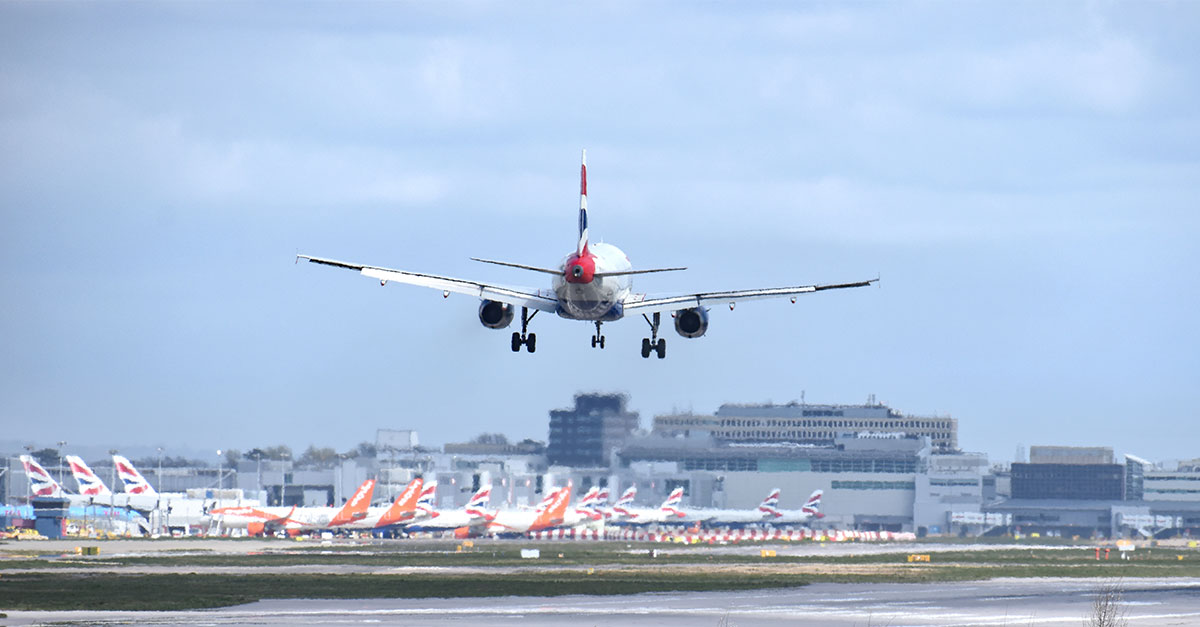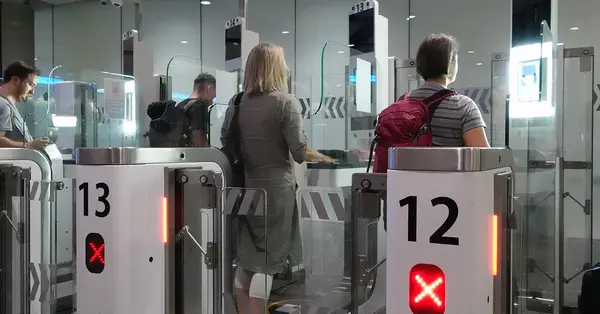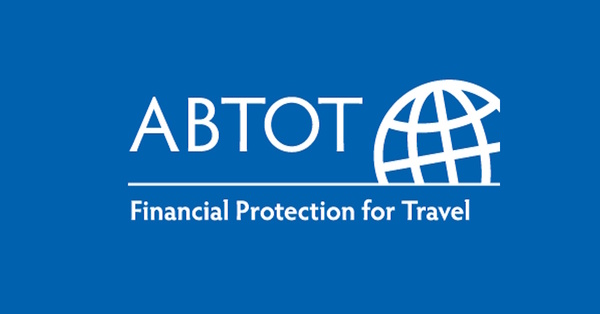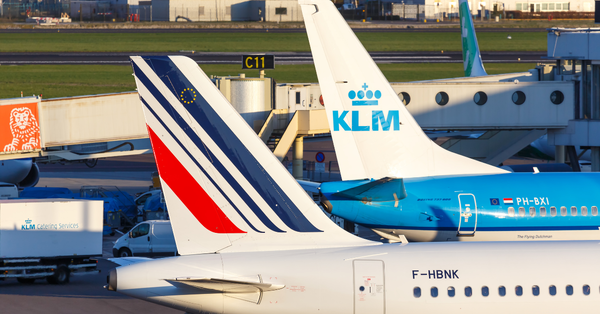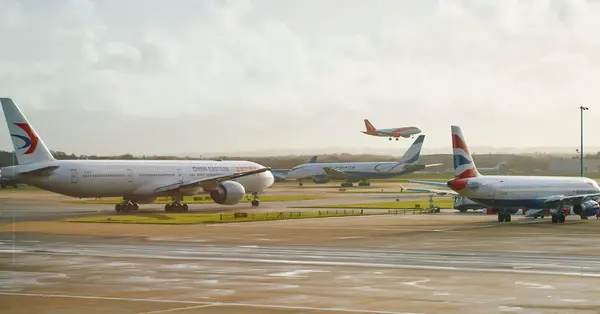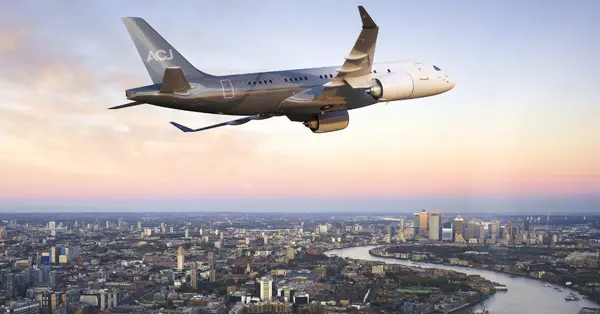You are viewing 1 of your 2 free articles
Airport slots shake-up could end larger airlines ‘monopoly’
New ways to manage airline capacity at UK airports and how runway take off and landing slots are allocated to airlines are to be considered by government.
A consultation into reforming the airport slot allocation system is taking place for the first time since the 1990s – triggered by the UK’s exit from the European Union.
This includes limiting slot leasing, so instead of larger airlines monopolising slots, they can be allocated to other competitors if not used after a set period.
This would allow for newer or smaller airlines with possible cheaper prices to receive favourable slots and make the process more dynamic, according to the Department for Transport.
The “pivotal” reforms, designed to balance the interests of both airlines and airports, have the potential to usher in heightened market competition, enable more innovation and encourage lower prices.
Increasing opportunities for new airlines to obtain slots in the UK’s busiest airports, such as Heathrow and Gatwick, will is seen to being able to encourage greater competition and drive productivity between airlines.
“With this could come more affordable flights and seamless journeys as airlines strive to offer better deals and prices than their competitors – benefiting millions of passengers who travel through the UK’s airports,” the DfT claimed.
Airports will also see their slots being used more effectively as airlines will be required to use them instead of store or lease them – increasing the number of flights and making journeys smoother.
The reforms are designed to ensure airport capacity is used to its fullest to reduce delays and optimise flight schedules “through collaboration between the government and industry partners”.
The proposals also aim to give more powers to respond to crises, “making the industry more resilient and efficient in times of uncertainty”.
The current system, based on EU regulations, requires the slot allocation process to be consistent across Europe. But while the sector has developed and grown in the last 20 years, the rules of the slot system have remained unchanged.
“Now, with our new freedoms, we can ensure that the system takes the UK’s specific needs into account,” the DfT said.
Slots are used to manage capacity at the busiest airports across the country. A slot gives permission for an airline to use the full range of airport infrastructure – from runways to terminals – to operate on a specific date and time.
“Following its departure from the EU, UK aviation is no longer shackled by an outdated slot regime and can now take a more tailored approach that works best for businesses and passengers across the country,” the DfT said.
Aviation minister Anthony Browne, said: “For decades the UK aviation industry was subject to European rules that didn’t have the UK’s interest at heart, but as it goes from strength to strength following the pandemic, it needs a system that will empower it – not constrain it.
“This consultation will bring the sector to the forefront of decision-making, helping to end monopolies within the slot regime, drive healthy competition between airlines and make the aviation sector more dynamic for the future while also benefitting millions of passengers.”
Airport Operators Association chief executive Karen Dee said: “Slots reform is an opportunity to improve the efficiency of the UK aviation system and this consultation is a welcome step in that direction.
“We will be working constructively with government to ensure airports’ views are taken on board as these plans develop.”
Airlines UK told The Times it was awaiting the details of the proposals in the consultation, which it “looked forward to responding to”.

